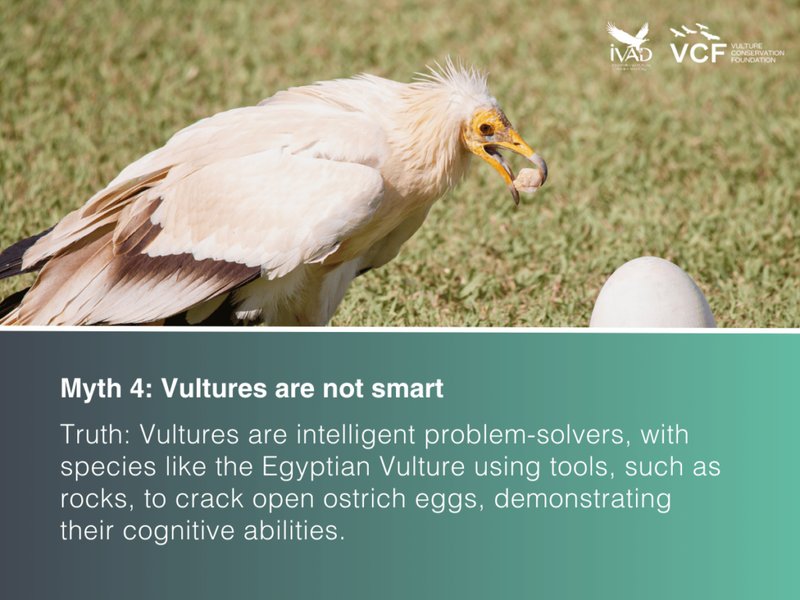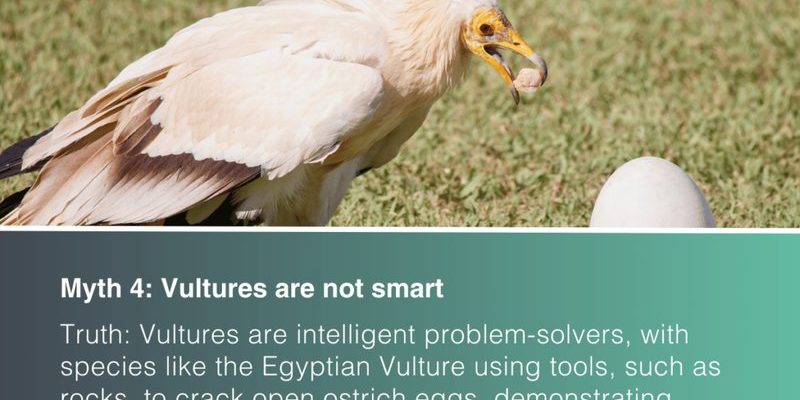
It’s easy to picture vultures as just a part of the grim nature scene in documentaries, but there’s so much more to them. They’re not just mindless scavengers; these birds have adapted to their environment in some incredibly savvy ways. So, grab a cup of coffee, and let’s dive into the world of vultures and explore their intelligence and behavior.
What Makes Vultures Unique?
Vultures belong to a special group of birds known for their scavenging habits. Unlike many other birds, vultures primarily feed on dead animals, which might sound a bit gross, but this role is crucial for the ecosystem. By cleaning up carcasses, they prevent the spread of disease and recycle nutrients back into the environment. You might be wondering: how does this relate to their intelligence? Well, their scavenging lifestyle demands a range of cognitive abilities to thrive.
One unique aspect of vultures is their exceptional sense of sight. They can spot a carcass from miles away while soaring high in the sky. This ability isn’t just about luck—it involves complex visual processing. Their eyes are incredibly sharp, allowing them to distinguish between different shapes and colors. In essence, vultures aren’t just wandering around aimlessly; they’re using their brains to locate their next meal efficiently.
Additionally, vultures have developed social behaviors that highlight their intelligence. For example, they are often seen feeding in groups. This behavior isn’t just for companionship; it also helps them locate food more effectively. By watching other vultures, they can understand where to find their next meal without expending unnecessary energy.
Cognitive Abilities of Vultures
When we talk about animal intelligence, we often think of problem-solving skills or the ability to learn from experience. Vultures are surprisingly adept at both! Research shows that these birds can learn to associate certain cues with food sources, which means they remember where to find a nice meal. For instance, if a vulture notices that a specific area often has food after a rainstorm, it will return to that spot reliably.
But it doesn’t stop there. Vultures are also known to use tools in certain situations, much like some other intelligent birds, such as crows and parrots. They’ve been observed using sticks to poke at carcasses or even opening up tough surfaces to get to the meat beneath. This kind of behavior shows that vultures are not just reacting to their environment; they’re actively engaging with it in thoughtful ways.
Interestingly, vultures also exhibit a social learning aspect. Young vultures often learn from older, more experienced ones when they feed or navigate their surroundings. Just think about it—witnessing another bird find food or avoid danger can be a real game-changer for a younger vulture’s survival skills. They gather knowledge through observation, which is a sign of advanced cognition.
Communication Skills
Another fascinating aspect of vultures is their communication. Here’s the thing: vultures may not have elaborate songs like songbirds, but they do have a range of vocalizations and body language that helps them communicate with one another. They can make hissing sounds, grunts, and even growls to express different emotions or alerts. These calls play a crucial role in maintaining social structure and cooperation among vultures.
Moreover, vultures use their body posture and movements to convey messages as well. A puffed-up chest might mean a bird is feeling dominant, while a hunched posture could indicate submission. This sort of non-verbal communication is essential, especially in social feeding situations where hierarchy can dictate who eats first.
This ability to communicate effectively not only strengthens their social bonds but also enhances their success as scavengers. By signaling to each other about the presence of food or potential threats, vultures can work together to navigate their environment more efficiently.
Why Vultures Matter
Understanding how smart vultures are helps us appreciate their role in the ecosystem. These birds provide a crucial service by cleaning up dead animals, which reduces the spread of disease and ensures a healthier environment. Their adaptations and intelligence allow them to thrive in various habitats, from deserts to forests.
Additionally, vultures face serious threats from habitat loss and poisoning. By being aware of their cognitive abilities and behaviors, we can better advocate for their protection. When people recognize the importance of vultures, they’re more likely to support conservation efforts and policies that help preserve the habitats these birds rely on.
In a world that often overlooks the beauty and complexity of nature, vultures remind us of the interconnectedness of all living things. Their intelligence is just one piece of a larger puzzle that highlights the intricate dance of life on our planet.
So, how smart is a vulture? The answer is more complex than you might think. These birds are not only skilled scavengers but also display impressive cognitive abilities that contribute to their survival. From their sharp eyesight to their social behaviors and communication skills, vultures are a testament to the intelligence present in nature.
As we learn more about vultures, we can better appreciate the roles they play in our ecosystems and the inherent value of all living creatures. By recognizing their abilities, we can help ensure that future generations will also marvel at the cleverness of these remarkable birds. So, next time you see a vulture soaring overhead, remember: there’s a lot more to them than meets the eye.

